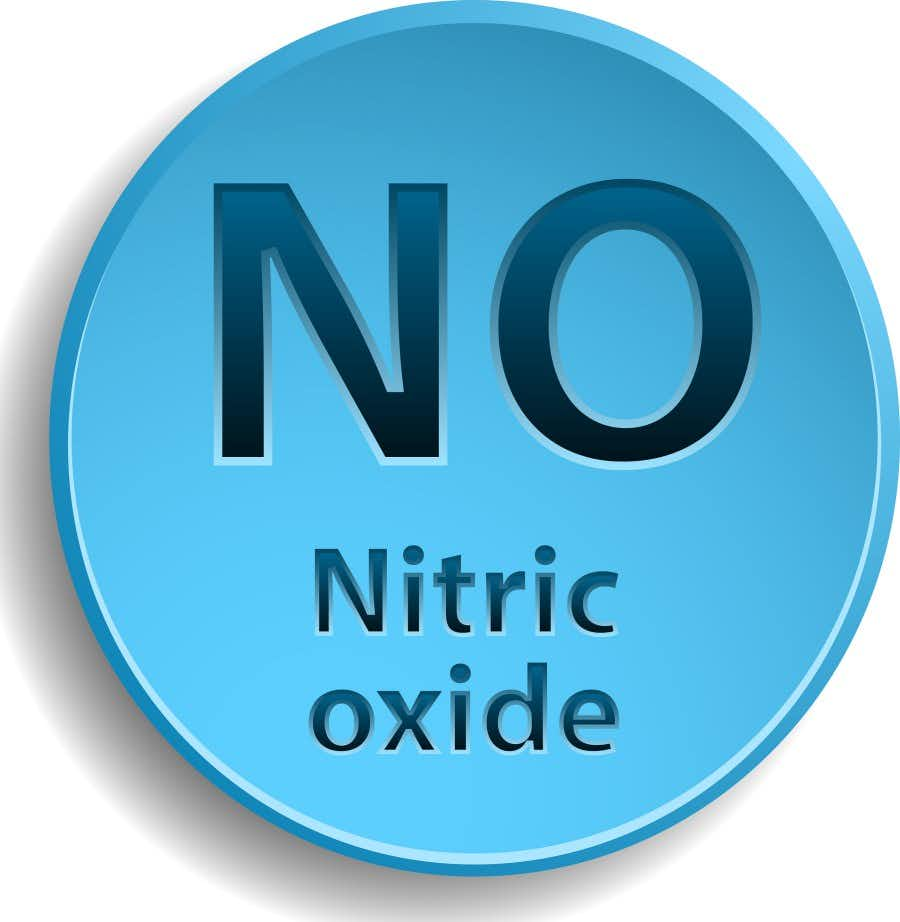
Nitric oxide is a gas originally thought to be important to human health only as an air pollutant. In the 1980s, however, scientists began to realize that this molecule plays many important roles in human physiology. In fact, in 1992, Science magazine named it the molecule of the year. Moreover, in 1998 three scientists, Ferid Murad, Robert Furchgott and Louis Ignarro, shared the Nobel Prize in Physiology and Medicine for their work on nitric oxide.
Will Nitric Oxide Lower Elevated Blood Pressure?
Q. Recently I read that nitric oxide might be useful for high blood pressure and other ailments. Does nitric oxide really help lower blood pressure?
If so, how much of the supplement should a person with high blood pressure take each day? If it works, a lot of people could benefit from this supplement. The information I learned this from stated that leafy dark greens and beetroots were natural sources for nitric oxide.
Spinach and Beets for Better Blood Pressure?
A. Green leafy vegetables and beets–both the roots and the leaves–supply dietary nitrate. In the body, an enzyme called nitric oxide synthetase converts dietary nitrate or the amino acid L-arginine to nitric oxide. This natural compound relaxes blood vessels and lowers blood pressure (Ashworth & Bescos, Nutrition Research Reviews, Dec. 2017).
A study in healthy older people demonstrated that consuming beet juice rich in nitrates lowered blood pressure, reduced the clotting activity of blood and had anti-inflammatory properties (Raubenheimer et al, Nutrients, Nov. 22, 2017). The effects are relatively short-lived, with blood pressure lower three hours after drinking high-nitrate beet juice but not six hours later.
Nitric Oxide Supplements?
We are not aware of studies utilizing nitric oxide as a dietary supplement. It would be difficult if not impossible to take it as a supplement, since it is actually a gas. Some companies sell supplements containing L-arginine or L-citrulline as “nitric oxide” supplements, but we have not seen any research demonstrating that such products lower blood pressure.
In fact, a review of the research even casts doubt on the use of dietary nitrate to reduce blood pressure (Remington & Winters, JBI Database of Systematic Reviews and Implementation Reports, March 2019). Note: the authors merely cite “insufficient evidence.” We hate to pour cold water on anyone increasing their intake of vegetables.
Learn More:
To learn more about beet juice, grape juice, pomegranate juice and dark chocolate as foods that can help with blood pressure control, you may wish to read our Guide to Blood Pressure Treatment.

